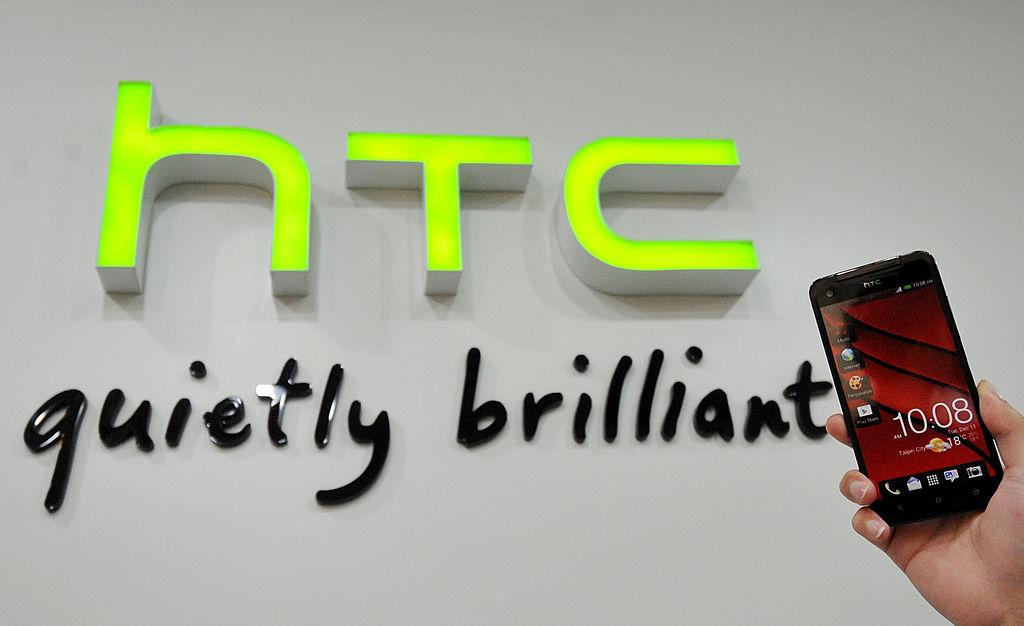TAIPEI, Taiwan—A former top designer at Taiwanese smartphone maker HTC was recently convicted for executing a scheme to steal trade secrets from his employer and team up with Chinese state-owned firms to start a new company based on the stolen information.
Thomas Chien, who was both top designer and vice president of the company’s product design department, was sentenced to seven years and 10 months in prison by the Taipei District Court, according to an April 11 article by Taiwan’s daily newspaper Liberty Times.





